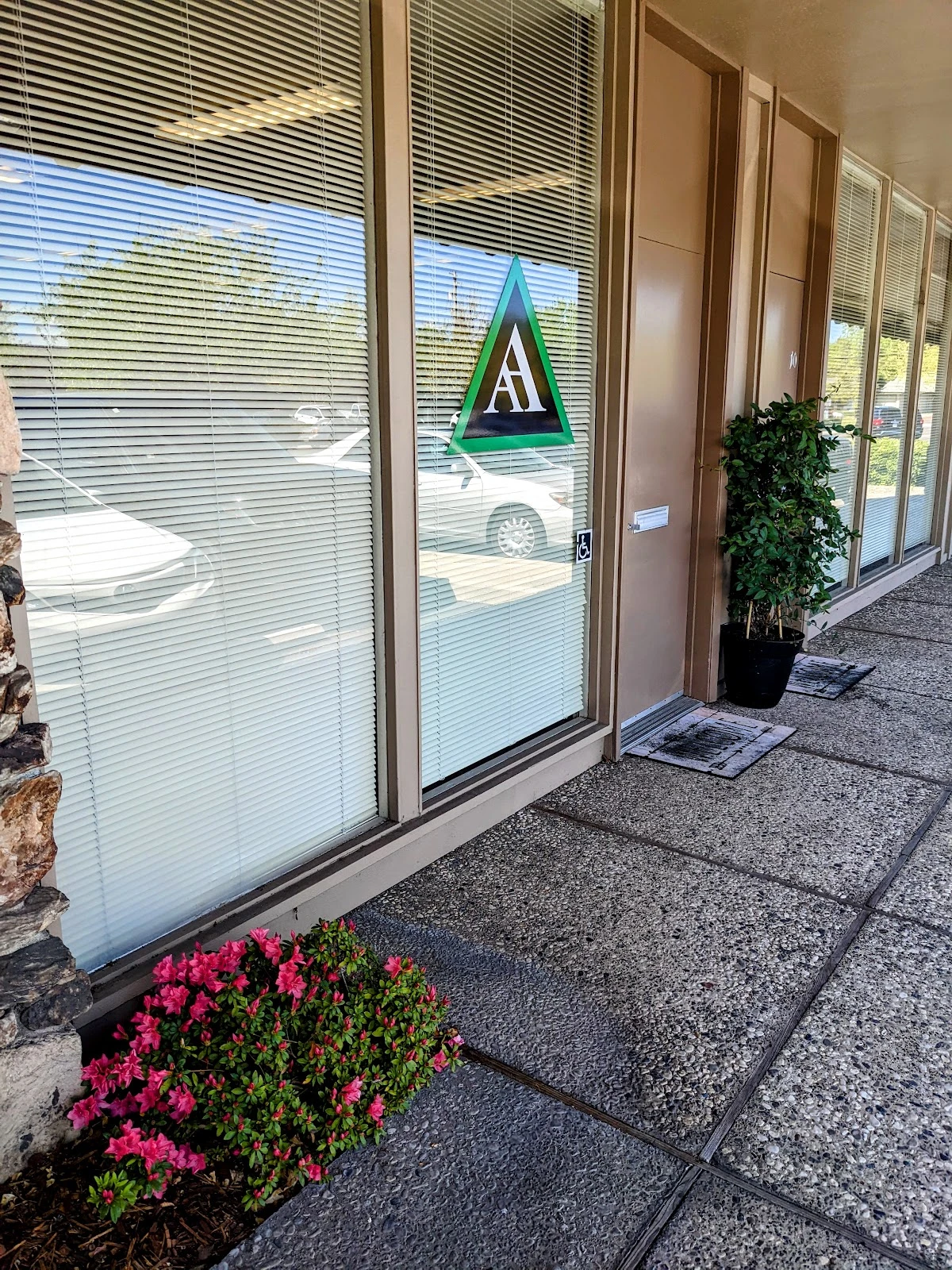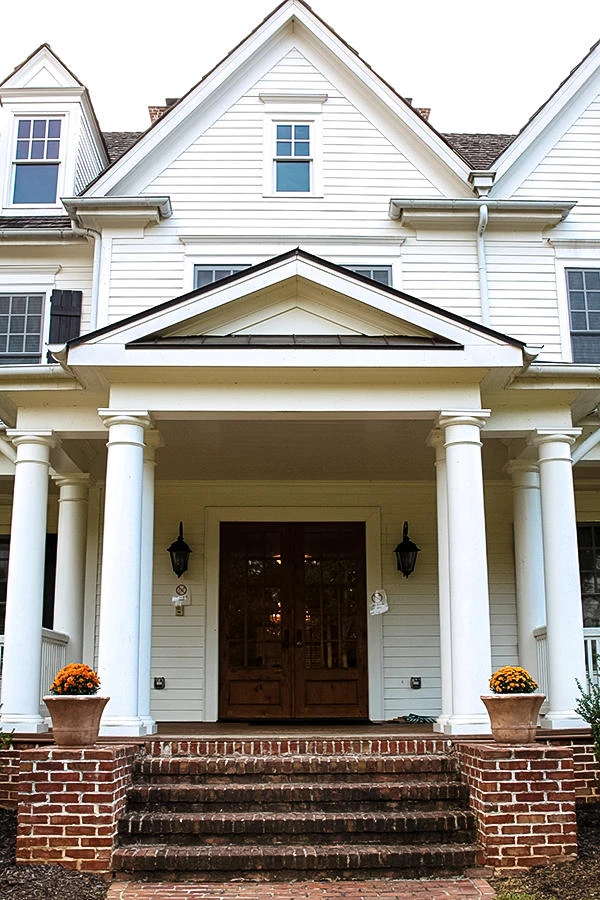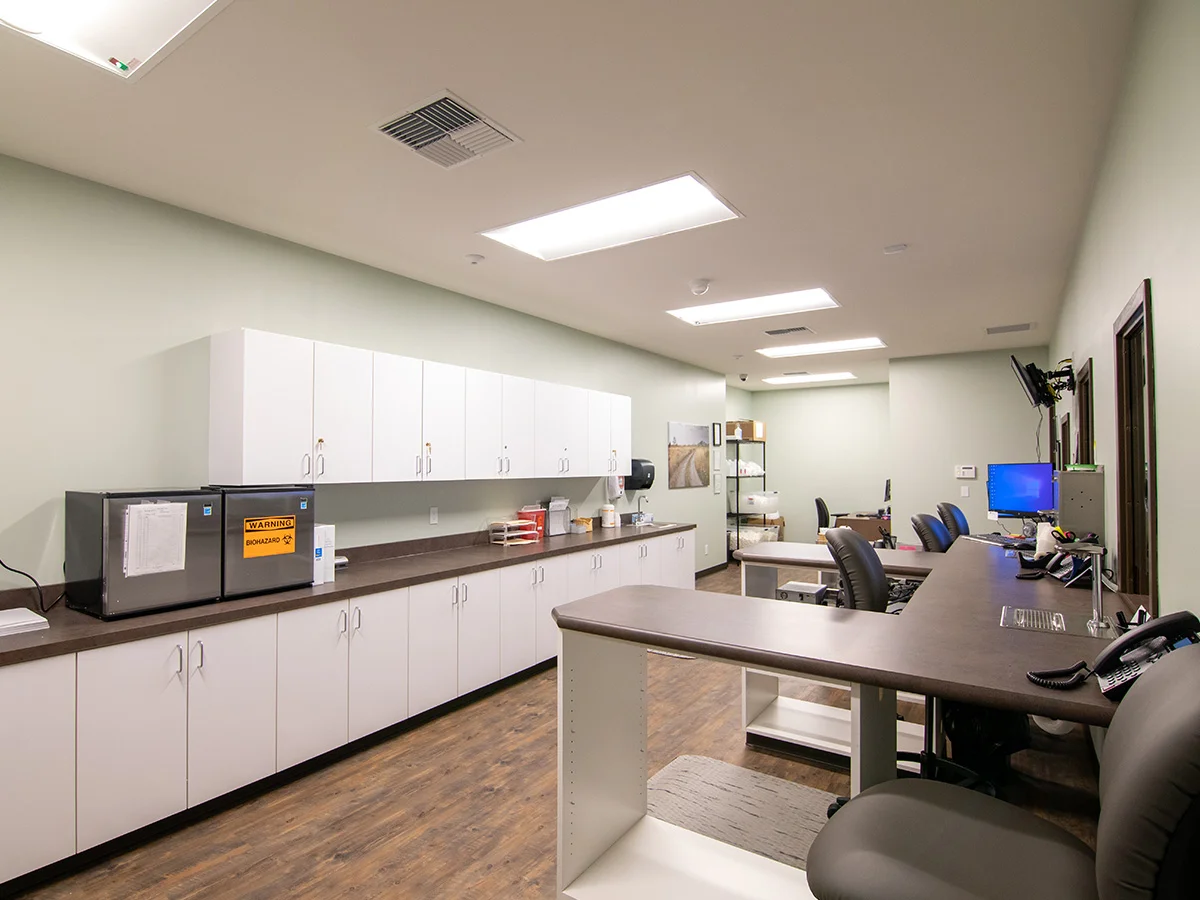Located in the charming Lagunitas Forest Knolls neighborhood in Forest Knolls, California, Serenity Knolls Treatment Center is a prestigious private facility that specializes in drug and alcohol recovery. For those looking for a calm and encouraging atmosphere to help them recover from addiction, this peaceful setting is ideal. With over 25 years of experience treating addiction, Serenity Knolls has assisted over 5,000 people in changing their lives. This is due to the complete philosophy that integrates evidence-based practices with the tenets of the 12-step program.
The first step in the center's treatment strategy is a comprehensive evaluation of each client to look for co-occurring disorders and create a personalized treatment plan. At Serenity Knolls, concurrent treatment of mental health and drug addiction disorders is highly valued since it lowers the likelihood of relapse and improves overall wellbeing. A combination of professional treatments, rehabilitation activities, and educational sessions are included into their integrated treatment strategy to address the complex nature of addiction.
Serenity Knolls offers a highly organized inpatient program that promotes stability and sustained rehabilitation for its clients. Surrounded by 12 acres of breathtaking natural scenery, the property provides shared living areas complete with opulent facilities that foster a welcoming and encouraging atmosphere. Along with family counseling, couples counseling, personalized and group therapy, and educational seminars, this approach makes use of the well-known 12-step paradigm. The main goals are to assist clients in acquiring coping mechanisms, comprehending their addiction better, and laying the groundwork for long-term abstinence.
The focus Serenity Knolls places on staff members' living experiences is one of its distinctive features. Every counselor at the program has gone through recovery themselves, which broadens their empathy and enables them to advise clients from a genuine and compassionate place. Through the development of inspiration and trust, this peer-based approach motivates individuals to dedicate themselves to the difficult but worthwhile process of recovery.
After the inpatient stage of therapy, Serenity Knolls is dedicated to providing clients with continuous care. They provide a comprehensive aftercare program that includes twice-weekly remote alumni meetings in addition to special events and get-togethers for program graduates. By maintaining a supportive environment, these programs help clients reintegrate into daily life while strengthening the techniques and abilities they acquired throughout therapy.
The center's many affiliations and accreditations attest to its dedication to provide top-notch treatment. Serenity Knolls is recognized by the Substance Abuse and Mental Health Services Administration (SAMHSA), the National Association of Addiction Treatment Providers (NAATP), and the Commission on Accreditation of Rehabilitation Facilities (CARF). Furthermore, the institution satisfies strict criteria for quality and safety in addiction treatment since it has a complete license from the state of California.
Serenity Knolls takes a number of insurance policies, including as Kaiser, Anthem BC, and VA financing. Before beginning the program, clients are advised to confirm their coverage and learn about in-network and out-of-network benefits. For those who need it most, high-quality care is now affordable thanks to our inclusive funding strategy.
Dedicated to releasing people and communities from the grip of addiction and co-occurring mental health conditions, Serenity Knolls is a top provider of drug abuse treatment in Northern California and around the country. Their all-encompassing approach to recovery is focused on giving residents the skills they need to maintain long-term sobriety and create a meaningful, drug-free life, all while helping them reclaim their sense of self-worth, strengthen their bonds with family, and form stronger interpersonal connections.
Serenity Knolls Treatment Center Information
Treatment
Who We Treat
- Male and Female
- Pregnant/Postpartum Women
- Pregnant Women
Treatment Focus
- Family Program
- Alcohol
- Detox
- Co-Occurring Disorders
- Drug Addiction
- Individual Treatment
- Opioids
- Residential
Approaches
- Individual Treatment
- Personalized Treatment
- Evidence-Based
- Medical
- Gender-Specific
- Family Involvement
- Couples Counseling
- Family Therapy
- Group Therapy
- Holistic
- Cognitive Behavioral Therapy (CBT)
- Dialectical Behavior Therapy (DBT)
- Rational Emotive Behavior Therapy (REBT)
- 1-on-1 Counseling
- Equine Therapy
- Yoga Therapy
Conditions We Treat
- Depression
- Anxiety
- Bipolar Disorder
- Personality Disorder
- Trauma
- Personality Disorders
- Bipolar
- Co-Occurring Disorders
Substances We Treat
- Alcohol
- Benzodiazepines
- Heroin
- Opioids
- Cocaine
- MDMA/Ecstasy
- Ecstasy
- Marijuana/Cannabis
- Psychedelics
Languages
- English
Aftercare
- Discharge Planning
- Online Aftercare
- Follow-up Sessions (online)
- Outpatient Treatment
- Aftercare Group Therapy
- Support Meetings
- Alumni Events & Get-Togethers
Level of Care
- Outpatient Detox
- Detox
- Residential Rehab
- Co-Occurring Mental Health
Experience
On-Site Amenities
- Pool
- Access to Nature
- Basketball Court
- Fitness Center
- Outdoor Space
- Volleyball Court
- Walking Trails
Personal Amenities
- Air-Conditioned Rooms
- Shared Bathroom
- Shared Rooms
On-Site Activities
- Yoga
- Hiking
- Volleyball
- Physical Fitness
- Reading
- Swimming
Special Considerations
- Family Program
Accreditations
-
Commission on Accreditation of Rehabilitation Facilities (CARF)
CARF accreditation is a prestigious recognition for rehabilitation and human service organizations. It signifies that an organization meets high-quality standards and is committed to providing top-level care. CARF conducts rigorous evaluations to ensure compliance, enhancing an organization's credibility and reassuring clients and funders of exceptional service quality. This accreditation promotes excellence and continual improvement in the rehabilitation and human services field.

-
NAATP
The NAATP accreditation is a recognized certification for addiction and behavioral health facilities. This accreditation serves as a validation of a center's commitment to maintaining high standards in the field. It signifies that the facility has met specific criteria and requirements set by NAATP, ensuring that individuals seeking addiction and behavioral health services can expect a level of quality and professionalism in their care. NAATP accreditation is a notable benchmark for facilities striving to provide effective and ethical treatment within this critical healthcare sector.

-
SAMHSA certification for opioid treatment program (OTP)
SAMHSA's Opioid Treatment Programs (OTPs) accreditation is a rigorous recognition process that signifies an OTP's commitment to providing high-quality care for individuals dealing with opioid use disorders. It assures patients, families, and the community that the program adheres to evidence-based practices, employs qualified staff, and maintains a safe treatment environment. This accreditation is a symbol of quality and accountability, offering confidence in the program's ability to support individuals on their path to recovery from opioid addiction.
-
State department of health
State Licenses, issued by government agencies, authorize rehabilitation organizations to legally operate within designated geographical areas. The specific licenses required for operation are typically determined by both the nature of the rehabilitation program provided by the facility and its physical location.

Additional Locations
Serenity Knolls Treatment Center Accepts The Following Insurance Plans
Find the best treatment options. Call our free and confidential helpline today!












